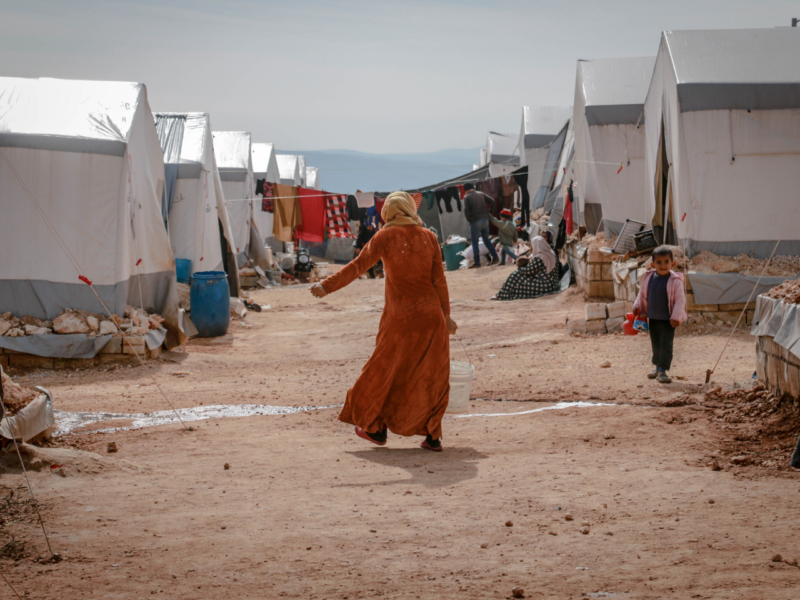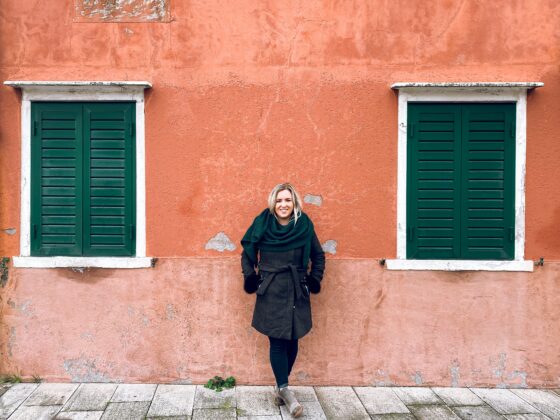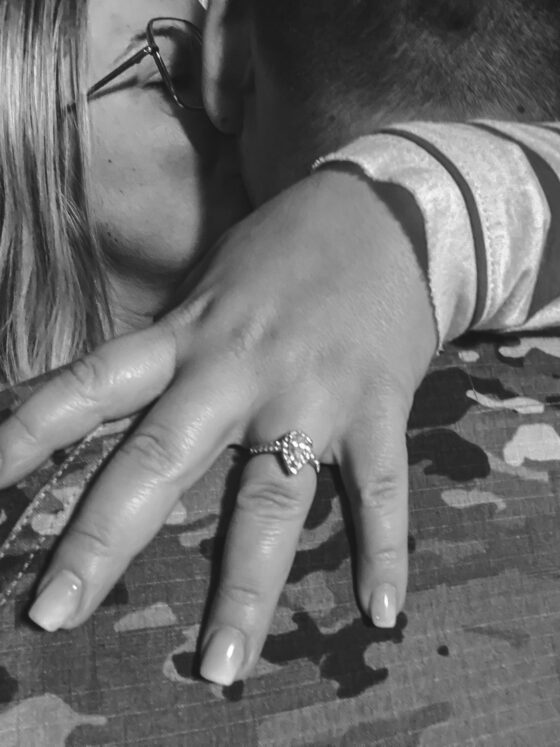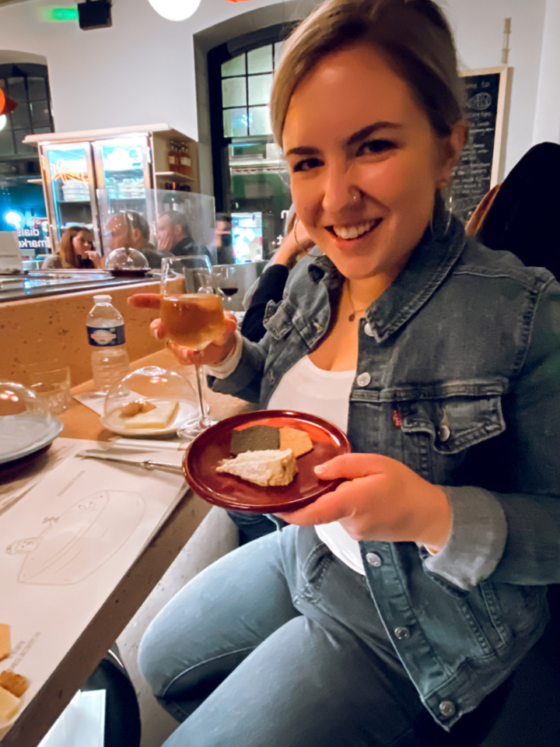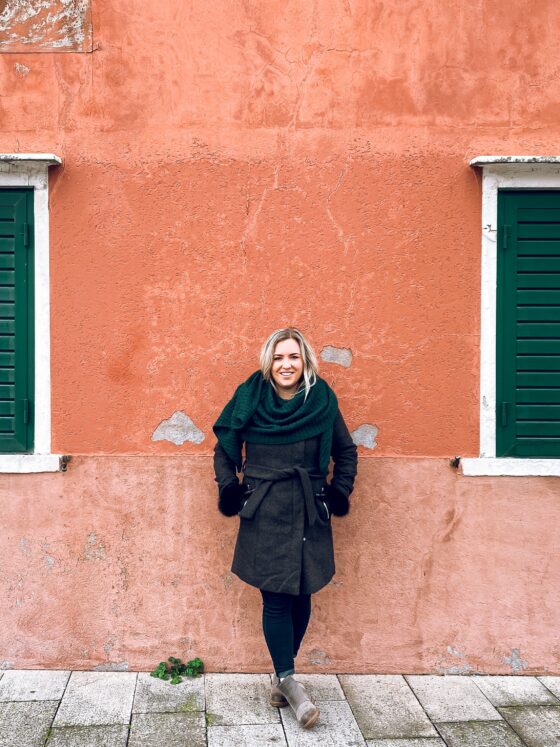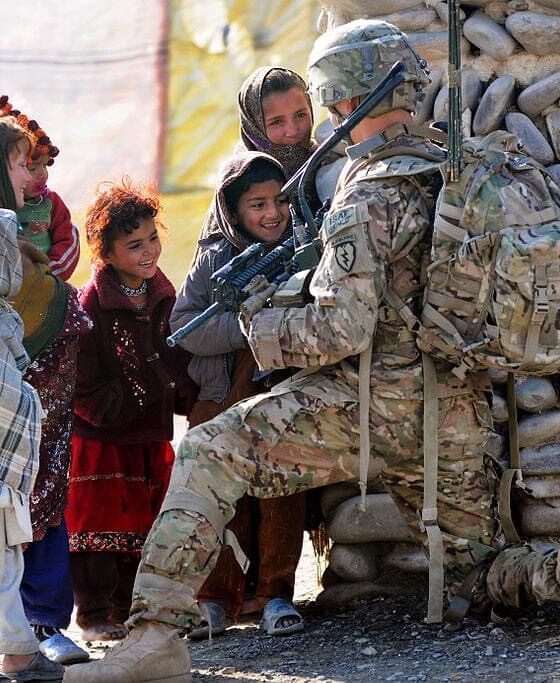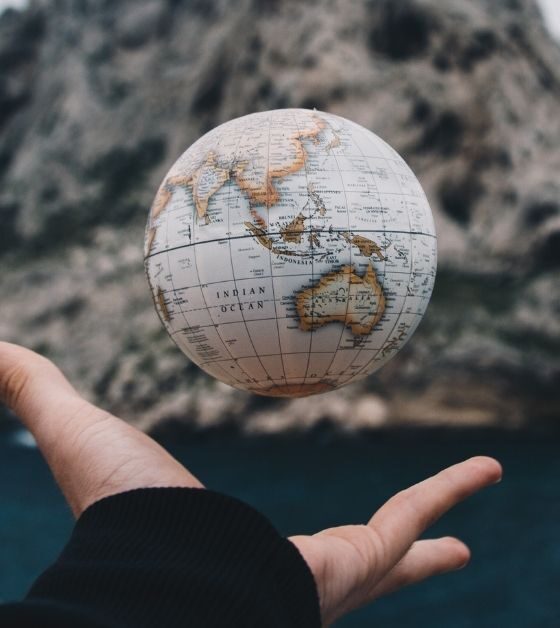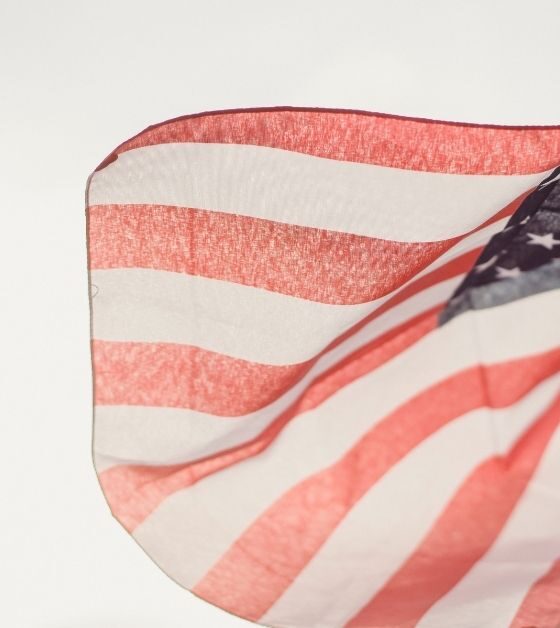Dear Readers,
This piece kicks off a mini-series about why policy matters, all from very real stories I have collected while traveling.
My skin was warm from a day in the sun, my cheeks rosy from a strawberry mojito. The Portugal sun beat hot against caramel colored sand, revealing a perfectly smooth, turquoise seascape. Small scalloped waves kissed the shore. Everything smelled like sunscreen and salt and mint.
The sea has always been one of my favorite places. Some of my most treasured memories involve sand, surf, seagulls, and an old man with a t-shirt tied on top of his head because he forgot his hat. For me, the sea has always represented solace and balance. Salt has the simultaneous way of adding flavor to life, and washing away the soul’s debris.
Warm and lazy, we peeled ourselves from the shore and headed towards the parking lot where the Uber driver was waiting for us. We crawled into the back of the car, dragging remnants of the shoreline in with us.
Hanging from his mirror was a small Syrian flag, amongst a few other swinging tokens. I asked about the flag. He didn’t say much at first, saying only that he had come to the area for work, and that he wanted to be a chef, but that driving helped pay the bills.
I continued to inquire.
As we sped down a winding backroad towards our AirBnB, this is the story our driver told.
AYMAN’S STORY
“I made the trip five times praying to Allah each time that I wouldn’t die with my wife by my side and daughter in my arms.
When my daughter was born, buildings were being bombed everywhere. I didn’t know if I would live through the night.
It’s terrifying to know your wife might not make it through labor…or the midnight bombs.
When my daughter was born, I knew I had to leave. I sold my life at auction, and used the money to move.
We hiked through the mountains with a two week old daughter and my wife and no food and only enough money to pay to become a refugee.
I prayed to Allah she wouldn’t cry.
We got caught four times and sent back. But I made it the fifth time.
The scariest part of it all was the boat. I’ve never been so scared. I held my daughter, not knowing if I would live or sink to the bottom of the ocean, forgotten. I don’t like the ocean anymore.
But you will never know how badly you want to make choices for your own life, how much you love, until you choose between several types of possible death, and the dream of choices…for yourself and your loved ones.
I came to this country with €2 in my pocket. But my daughter lived. And my wife lived. And I lived. Allah kept her from crying so we wouldn’t get caught. She will grow up to be a strong woman because her beginning required so much strength.
If I could tell anyone anything about Syrian refugees, I’d tell them that we don’t want your money, your help, or your charity. We want the chance to work hard, and we want not to watch our daughters die at the hands of our own government.”
Pause.
You will never know how badly you want to make choices for your own life until you choose between several types of possible death.
This struck me.
THE MINI-SERIES
Every part of Aymans story is a deeply moving human account of the state of the world today. It is the testimony of millions of people. His story launches us into a mini-series dedicated to unpacking the series of policies in place that affect the average human, in relation to their life experience. Understanding how policies affect people can help us to better understand how issues of process (i.e policies) shape people’s existence, and thus how important policy development is in writing human history.
I have chosen to start with Ayman for two reasons.
The first is that when we think about policies outside of ourselves and outside of our own country, we are better able to remove the emotion and think outside of political lines.
The second is that I found this story to be deeply moving. It’s a story worth telling.
THE POLICY PERSPECTIVE
If you are reading this, it’s likely not an account of what your immediate world looks like, but it is very much part of the story we are writing as people.
Domestic policy, foreign policy, refugee / migration policy characterizes Ayman’s story at the most basic level.
Domestic Policy
Before the conflict in Syria began, citizens faced high unemployment, lack of political freedom, and extensive corruption. In the Spring of 2011, pro-democracy movements emerged. When the government used deadly force to stop uprisings, protests exploded across the nation. Violence escalated, and the country plummeted into civil war.
Unemployment, lack of political freedom, corruption, and use of force against one’s own citizens is, and is related to domestic policy decisions made by Syrian leaders.
Foreign Policy
Rebel groups emerged and foreign countries began to take sides by sending money, weapons, and fighters. As countries began to take sides, so did the extremist groups including al-Qaeda and Islamic State (IS) group.
Russia, Iran, Iraq, Turkey, Yemen, Afghanistan, US, UK, France, Saudi Arabia, and Israel have all been cited as intervening countries in the Syrian conflict. Their choice to participate (or a country’s choice not to intervene) and how, is foreign policy. How they have shaped the conflict is related to the foreign policy decisions they have made.
Refugee Policy
Ayman’s story becomes real to me when he talks about carrying his daughter across a mountain on foot in search of refuge. You may be thinking, why by foot?
Let’s consider this scenario – A rebel group attacks your village, and in the few moments you have to grab the most important things you have in your life, do you remember to grab your papers, or do you grab your child’s hand and run?
For me, it’s the hand.
If you make it out of the spiralling conflict, either by car, tractor, mule, or by foot, and leave to save your life, eventually you will come to a border. What no papers? Turn around.
You can either accept the spirit of powerlessness that you will be met with at a border, or you can take a very long walk without food, money, certainty, and with a baby in your arms.
From the moment Ayman decided to leave his life and country behind with his wife and daughter, refugee policy (the many ways in which actors are interacting with those fleeing their country in search of safety) played a role in every part of their story.
Refugee policy, and how it is written shapes the story of how refugees accomplish safety and permanence. This area of policy affects how refugees travel by planes, trains, automobiles, boats, or on foot. It determines how they are received when they reach milestones towards their destination and influences the state of refugee camps. Policy dictates if their family remains united or if they are split up along the way. It controls their permanency status in their country of asylum. It establishes what resources are available to them in their transition. Policy also governs who and how we fund this growing global issue. When we get down to the thick of it, policy plays a role in refugee’s survival rate.
Policy affects what means people fleeing their country employ to accomplish their goal of finding safety.
WHY POLICY MATTERS
Issues of outcome (like the growing refugee crisis and its impact on neighboring nations) tend to draw more attention than issues of process (like decision-making mechanisms, or political participation models), but process is what shapes outcomes. The process of making decisions in regard to prevention and response have a very real impact on how we respond to current issues, and how we shape future ones.
We are concerned about the rising refugee crisis, but have we talked about how we got here? That’s policy. How we respond moving forward – that’s also policy.
Process plays an essential role in creating many of the issues the human race currently faces in all areas of life. Understanding and addressing processes (policy-making mechanisms) is key to solving our world’s toughest and most intractable problems. Designing institutions and practices with better decision-making mechanisms, cultural competency, stakeholder participation, and understanding of intervening factors has the potential to have an impact on real stories, just like Ayman’s.
It’s a big undertaking, but Ayman’s story is currently the rule for millions, not the exception. To change the human trajectory, we have to take a look at the structural integrity of our current policy (decision making) mechanisms.
AFTER
Ayman told us he hates the beach.
Everything he said struck me the hardest, but something about not loving the beach lingered.
How can something I love so much cause someone else so much pain?
When I see salt water, I see my grandfather’s face. This brings me joy when I’m thousands of miles away, as part of a job that serves peace and freedom. My grandfather too left his country, in search of peace and freedom. He too braved the waves.
The more I travel the more I learn the search for self-determination is a universal experience.
When Ayman see’s salt water, he remembers fear. He remembers the nights his daughter didn’t cry, and the days he didn’t meet the ocean’s floor.
I am reminded that to enjoy the salt water is an experience not shared by all, because for some salt water is the greatest fear they will ever endure…an inextricable link between policy and life on earth.
Our stories are written in the margins of policy decisions.
If for no other reason than this, this is why talking policy is important. It’s the very fibers of our stories.
It is the salt itself.
Your Partner in Policy,
Taylor Patrice
